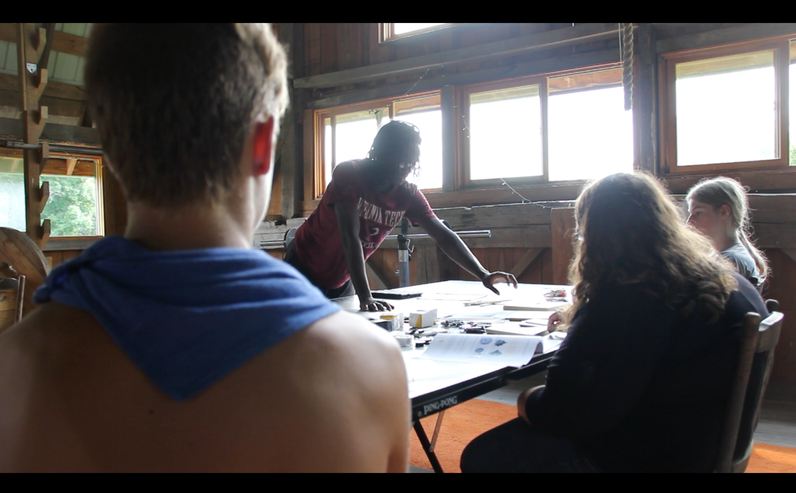If you are a parent and you have decided to homeschool your child, you may be now stuck with the question, “What’s the best homeschool curriculum for my child?”
If you are so, there’s no need to panic. In this article, we will tackle the most common homeschool curriculums you should know before deciding one for your child. Make sure to read further!
What’s the best homeschool curriculum for my child?
Choosing the right fit for your child is not a walk in the park—it takes much thought, reflection, and observation before you come into conclusion. You have to consider your child and his needs, yourself, and the situation you are in. By evaluating these considerations, you would be able to identify which one best fits your needs.
Seven homeschooling curriculums
The seven common homeschooling curriculums are the following:
- Classical
- Charlotte Mason
- Montessori
- Unschooling
- School-at-Home
- Unit studies
- Eclectic education methods
It is worth noting that these curriculums are not entirely different with one another, as there exists a considerable overlap between several of the aforementioned curriculums.
Classical Method
This curriculum is the most popular method among all homeschooling styles. The learning style can be rooted back in Ancient Greece and Rome, wherein students learn data and facts in grammar school, logic and critical thinking in middle school, and self-expression and rhetoric in high school. The subject areas are interwoven into a chronological plan so that children can study subject areas historically. That way, they can understand the consequences of ideas and theories overtime. This curriculum is time-tested, well-proven, systematic, and adaptable, fitting most any student, including a child with dyslexia.
Charlotte Mason Method
This curriculum is characterized by short periods of study time, usually lasts around 15 to 20 minutes maximum for elementary students, while 45 minutes max for high school students. These limited learning periods come with nature journals, nature walks, and observation trips. This curriculum is fit for you if you want your child to learn through stories, biographies, and more than through textbooks. This is also fit if you want outdoor discovery time and if you want to present your child with various learning style choices.
Montessori
Spearheaded by Italian educator Maria Montessori, this type of curriculum best fits children with special needs. However, this method is the most questionable among curriculums not for its effectiveness, but because it is underestimated. This curriculum is fit for you and your child if you want to give your child physical, immersive, and tactile learning opportunities, as well as if you are willing to get a Montessori teaching certification.
Unschooling
Based on the method of John Holt, the homeschooling pioneer, this is a free-form learning style that is individualistic, unconventional, and student-centered. This is probably the most unique curriculum, and compared to Classical methods, Unschooling appears impractical. However, this can be the perfect method for you if you believe learning becomes richer and better when it is aligned with your child’s immediate needs and personal interests.
School-at-Home
This is the opposite of Unschooling, as this is the same curriculum used in your local school’s classroom, but only implemented at home. Organize and systematic, this method is conventional, short-term friendly, but may be expensive, and inflexible. This curriculum best fits those who are completely fine with the traditional learning tools and methods, who want to introduce their children to a conventional school in the future, and those who prefer working with a curriculum devised by certified teaching experts.
Unit studies
This learning style is characterized by studying the same theory, object, or event from the different perspectives of the subject areas. For instance, a child can study Egypt in the lens of geography, the book of Exodus in English/Reading class, and pyramids in Trigonometry. If you want a fun, holistic approach to learning that boosts your child’s internal logic, this curriculum may be your perfect choice.
Eclectic education methods
Also known as “relaxed” homeschooling, this method is resourceful, child-focused, and non-curriculum based. With this, parents can try from any combination of other learning styles. This type of curriculum best fits you if you like mixing and matching different learning styles, you found at least two methods that you want to try, and if you want a slew of resources available.

